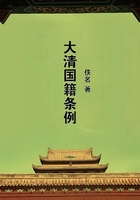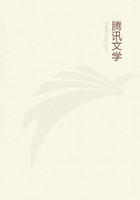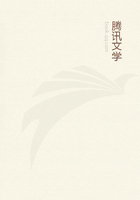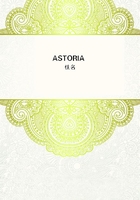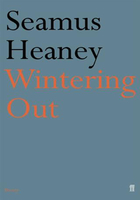If the law of costs were true as regards wages of labour, it would also be true as regards the natural value of labour. The forces which are relied on to prove the law of costs in regard to labour, would, of necessity -- if they do act as is asserted of them -- have an equal effect under any social organisation. If the sexual impulse were possessed of such surpassing strength, it would, even in a communistic state, increase the number of labourers to the highest point which could be maintained at the existence minimum; only that here, where the labouring class would include the whole nation, the consequences would be so much the more comprehensive and destructive. To-day's "iron law of wage" would be extended in the future to an iron law of universal misery.
Modern economists are almost unanimous in repudiating the application of the law of costs to labour in its older and cruder form, but, on the other hand, they concede to the consideration of the costs of maintaining the labourer another effect. It is the effort of every class of labourers, they say, to retain the level of life to which they have once attained, making their claim of wages in correspondence therewith and striving to realise their claim, besides regulating their marriages and the size of their families in conformity. The wage, once become customary, is said to have a tendency to maintain itself as a permanency, and to resist the tendencies which would press it down. This law also, if it were a true law of wage, would have to be recognised as a natural economic law, as it also is founded upon a universal force. Experience, however, does not seem to justify it. Do not wages continually rise and fall? It is to be feared that the quite intelligible wish of the worker to retain a standard of income once reached has not the efficacy ascribed to it, of resisting the chances of an unfavourable issue to labour.
If the return to labour falls, the natural value of labour falls, without being in the least prevented by the previous customary level of comfort, and it is in the highest degree likely that its exchange value will fall along with it. For although these do not by any means invariably coincide, -- do we not often see wages falling short of natural value? -- as things are, it may be considered an exceedingly rare occurrence that wages are in excess of natural value. The result which might be expected from the postponing of marriage and production of children would, in any case, come much too late; it could only be felt after years, in a succeeding generation, when circumstances would probably have been long before completely changed. Of course, the desire to obtain the highest possible income is a motive which cannot be considered as quite insignificant among the many motives determining the return from production. It is as fraught with consequences as are intelligence, skill, favourable natural circumstances. But why should this motive be brought prominently forward only as regards the return to labour? Is it not equally powerful as regards the products obtained from land and capital?
And why should its influence be limited to the amount of income once obtained? Does it not go beyond this to the procuring of fresh income? The truth is that men endeavour to make all productive returns as large as ever their personal capacities will allow, and that the returns so obtained determine the value of the productive factors, -- of labour, as of all the others. It is impossible to consider it even plausible, that a cause shall be effective as regards labour alone, by which the level of wage once reached obtains a peculiar power to maintain itself permanently unimpaired.
Here too the modern economists, who advance such theories, probably do so merely in order to bring the law of wage into correspondence with the general law of the price of commodities.
In one as in the other, they start with the false assumption of a fundamental opposition between costs and utility, and wish to find value between the "upper margin of utility" and the "under margin of costs." But even supposing such an opposition did exist, it would not at all events be in the least applicable to labour. It is not possible to force labour into all the economic categories in which material goods by their nature are placed. Aproducible article is a good, that is, a useful thing -- in two respects; firstly, in virtue of its effects -- the effects in which it is "of use"; and, secondly, in virtue of its origin and upkeep, in which respects it is materially a matter of property.
Labour can only be regarded as a thing in the former respect: in respect of its useful effects the economic use of labour may and ought to be considered. In the latter respect, labour is an affair of persons, and its origin and upkeep cannot be decided by purely economic considerations. It is overstepping the permissible sphere of economic control when the attempt is made to interfere with the personality of the labourer without regard to other considerations; and economic theory goes beyond its sphere when it claims to explain the facts of personal life exclusively by economic considerations.(1*)NOTES:
1. As labour is not the product of the labourer's means of subsistence, so, conversely, the means of subsistence cannot be regarded as the productive factors of labour. In other words, the labourer's means of subsistence are not capital. If labour be a good of the second rank, producing any kind of good of the first rank -- a consumption good -- the labourer's fund of subsistence is in no way a good of the third rank, producing the labourer; it is again merely a good of the first rank, a consumption good for the labourer. This has a result of great importance as regards value. Value is communicated, as we have seen, first from the want for goods of the first rank, and then from these to the goods of second rank, and so on through all the ranks. If means of subsistence were capital, they would receive their value from the value of the service rendered by the labourer. But as they are simply means of subsistence, they receive their value from the wants which they provide for.


